Publications
Articles, publications, books, tools and multimedia features from the U.S. Institute of Peace provide the latest news, analysis, research findings, practitioner guides and reports, all related to the conflict zones and issues that are at the center of the Institute’s work to prevent and reduce violent conflict.
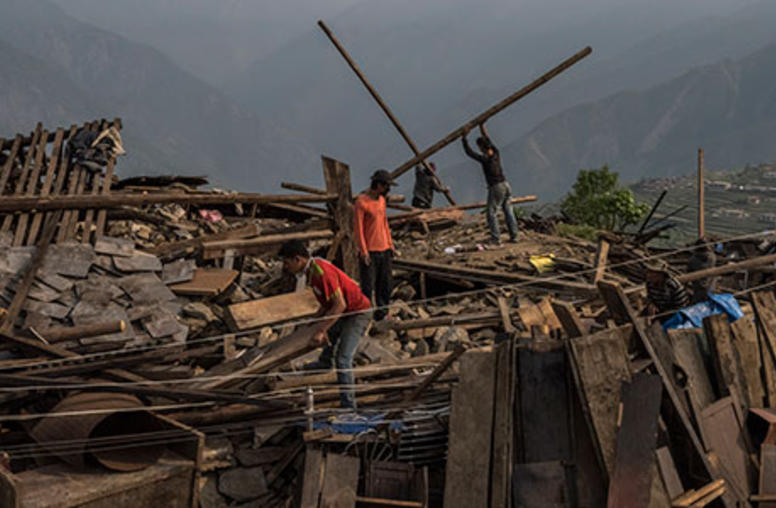
Rebuilding Nepal, from the Government Up
The 7.8 magnitude earthquake that wreaked havoc in Kathmandu has opened up an opportunity for the reform the country so desperately needs.
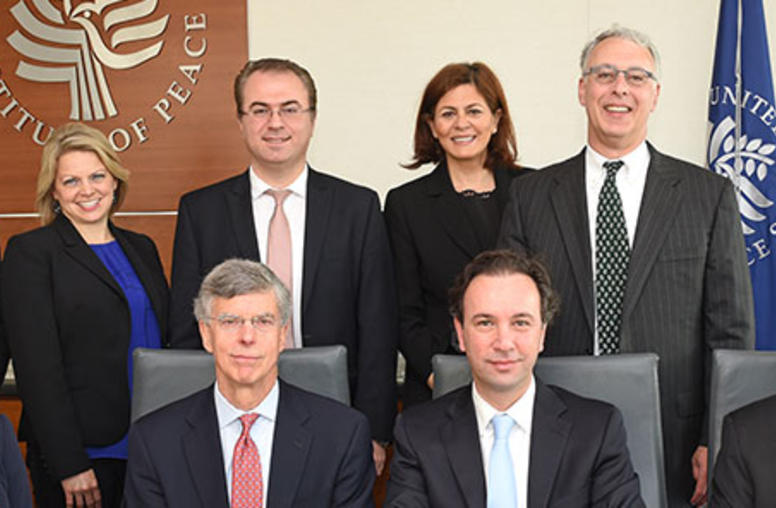
In Syria, Avoid ‘Sudden Collapse’ of Assad Regime, Opposition Leader Says
As the United Nations begins a third attempt in as many years to guide a peace process in Syria’s civil war, the new head of the country’s Western-backed opposition coalition says Syrians should work to avoid any “sudden collapse of the regime in Damascus.” While the government of President Bashar al-Assad appears to be weakening, “the only power that can force the regime to negotiate is Iran,” said the Syrian National Coalition’s president, Khaled Khoja.
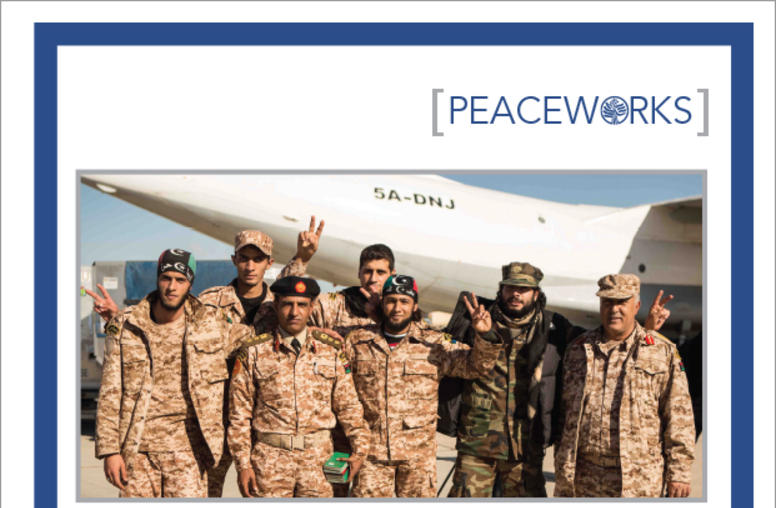
Perceptions of Security in Libya
Three years after the fall of Muammar Gadhafi and his regime, Libya is again on the brink of civil war. Various circumstances underlie this predicament—mistrust between regions, political power struggles, and sporadic and uncoordinated security and justice sector reforms. So that better understanding of the security needs of Libyan citizens today is possible, this report assesses the popular legitimacy of security providers in the country today and identifies their local, religious, and legal...
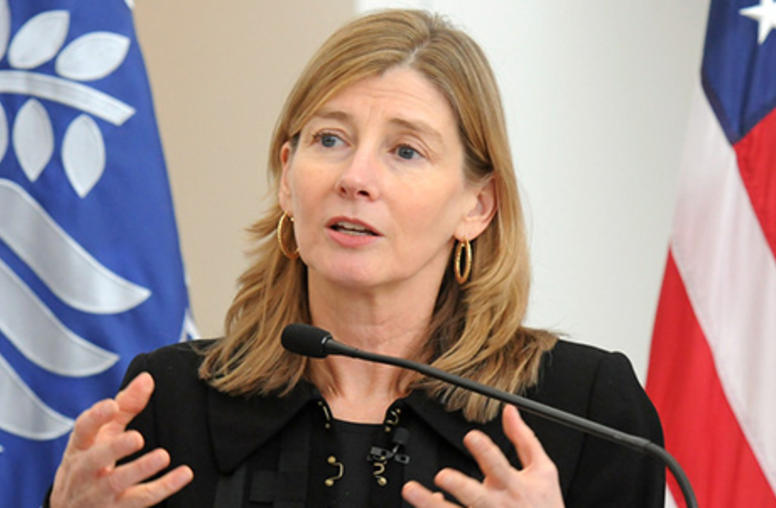
A Rising Challenge: the World’s 'Fragile' States
America’s foreign interests, including its security, increasingly are challenged by the world’s “fragile” states—those in which “governments are weak, ineffective or disconnected from their people,” according to Nancy Lindborg, president of the U.S. Institute of Peace. Across the world, it is in such fragile states that poverty and violent conflict are becoming concentrated, Lindborg said in speeches this month in Texas.
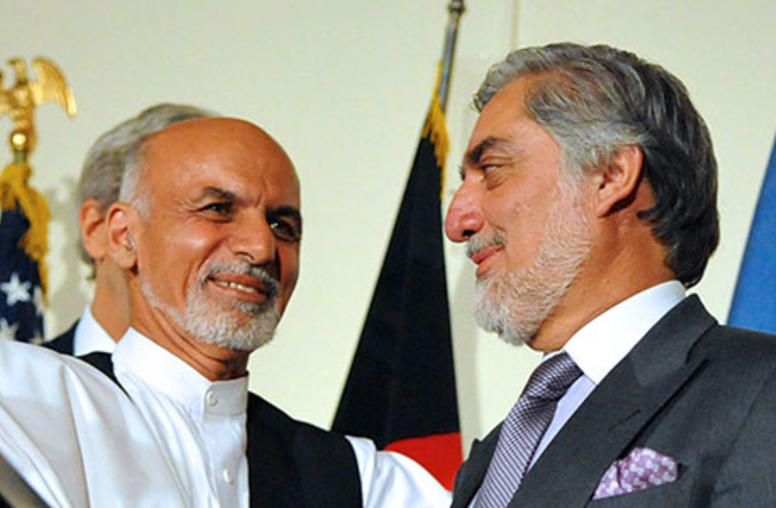
Afghan President Ghani’s Message in U.S. Visit: Help Us Stand on Our Own Feet
Afghan President Ashraf Ghani likely will use his first visit to Washington since taking office to thank the American people for their sacrifice for the cause of peace in Afghanistan, and to appeal for steadfast backing to prevent a precipitous drawdown of U.S. civilian and military support that could plunge his country back into a bloody civil war. According to experts at the U.S. Institute of Peace, Ghani will emphasize that Afghanistan’s new leadership is committed to reforming government,...
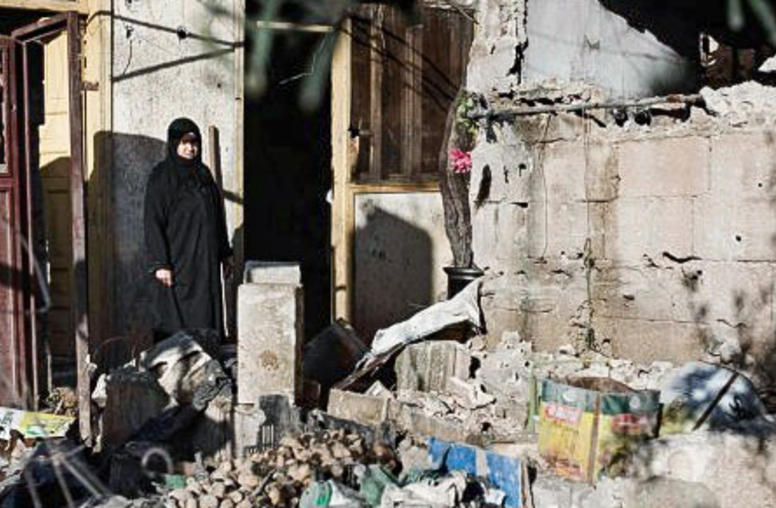
The Women in the Middle of the War
Rampant sexual assault has unmade allegiances in Syria's civil war -- and it may well get worse no matter which side wins.
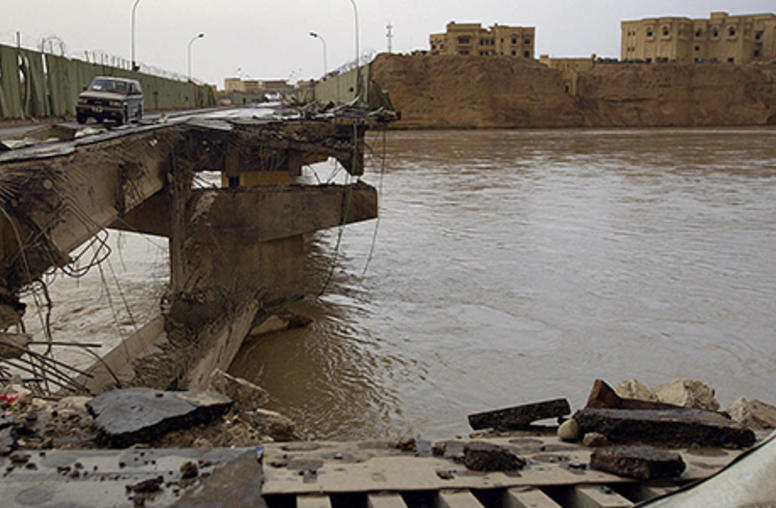
Q&A on Iraq: 'Standing on Quicksand'
Iraq faces an array of obstacles this year, as the government of Prime Minister Haider al-Abadi struggles to unify competing factions and confronts the brutal militants of the so-called “Islamic State” militarily. Abadi must navigate significant economic challenges and massive displacements of citizens because of the fighting, while struggling to meet terms set out by the country’s Kurdish Regional Government in the north and the Sunni coalition who joined his government in Baghdad.

To Prevent and Resolve Violent Conflict, “We Need a Ground Game”
In an increasingly globalized, super-connected world, violent conflict moves faster and less predictably than a generation ago, with less regard for national borders. It combines dangerously with cyber networks, social media, environmental degradation and disease.
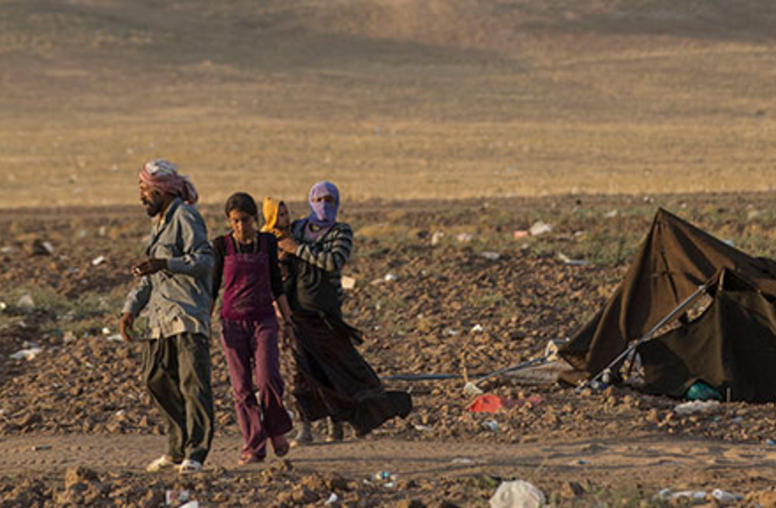
'Islamic State' Attacks Fuel Anger, Cloud Talk of Reconciliation in Iraq
The devastation wrought by the past year’s renewed conflict in Iraq -- and equally by the long slog to dislodge the Islamic State -- can be captured in the frame of a teenage boy. The new fighting atop a decade of war after the 2003 U.S. invasion brings not only further physical damage, but a dangerous breakdown of the social fabric.